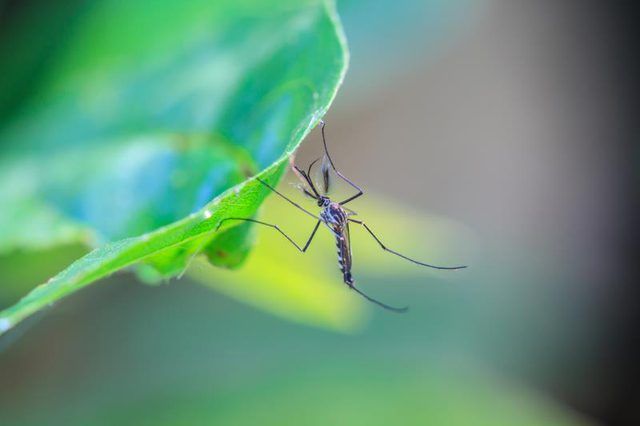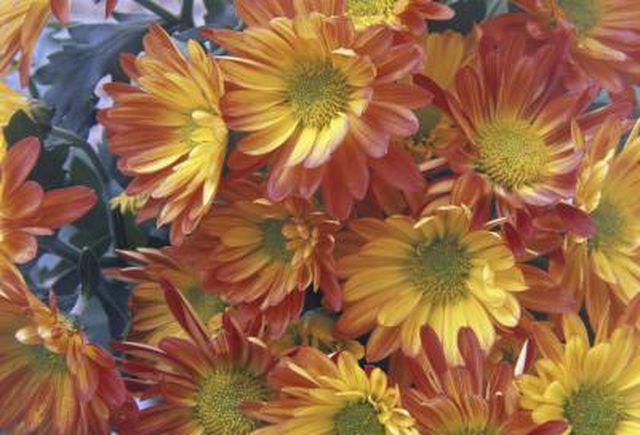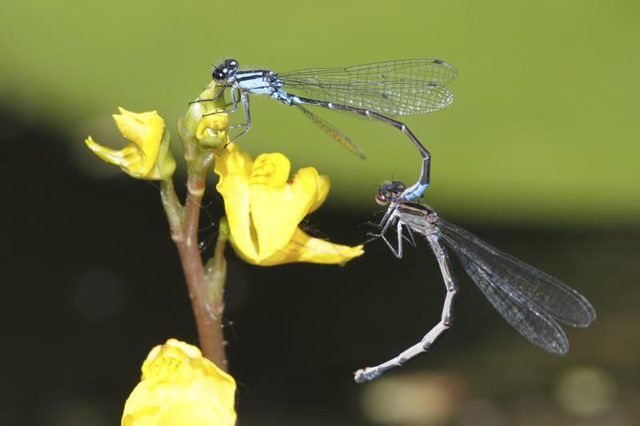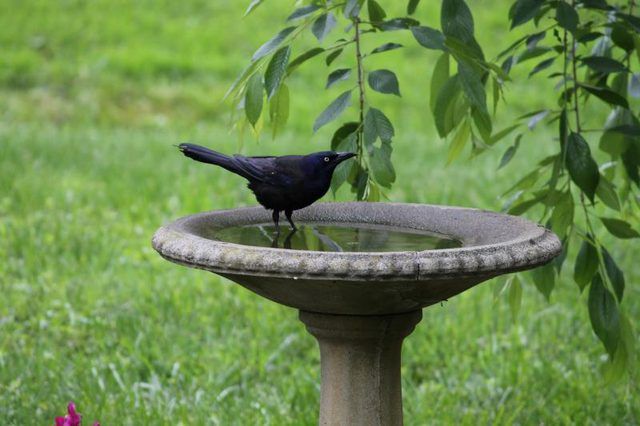Bulbs
Flower Basics
Flower Beds & Specialty Gardens
Flower Garden
Garden Furniture
Garden Gnomes
Garden Seeds
Garden Sheds
Garden Statues
Garden Tools & Supplies
Gardening Basics
Green & Organic
Groundcovers & Vines
Growing Annuals
Growing Basil
Growing Beans
Growing Berries
Growing Blueberries
Growing Cactus
Growing Corn
Growing Cotton
Growing Edibles
Growing Flowers
Growing Garlic
Growing Grapes
Growing Grass
Growing Herbs
Growing Jasmine
Growing Mint
Growing Mushrooms
Orchids
Growing Peanuts
Growing Perennials
Growing Plants
Growing Rosemary
Growing Roses
Growing Strawberries
Growing Sunflowers
Growing Thyme
Growing Tomatoes
Growing Tulips
Growing Vegetables
Herb Basics
Herb Garden
Indoor Growing
Landscaping Basics
Landscaping Patios
Landscaping Plants
Landscaping Shrubs
Landscaping Trees
Landscaping Walks & Pathways
Lawn Basics
Lawn Maintenance
Lawn Mowers
Lawn Ornaments
Lawn Planting
Lawn Tools
Outdoor Growing
Overall Landscape Planning
Pests, Weeds & Problems
Plant Basics
Rock Garden
Rose Garden
Shrubs
Soil
Specialty Gardens
Trees
Vegetable Garden
Yard Maintenance
What Plants Repel Mosquitoes?
What Plants Repel Mosquitoes?. There’s nothing like spending a warm summer evening on the deck or patio -- that is, until bands of mosquitoes swoop in to spoil the reverie and make a meal out of you. These nocturnal pests are more than a nuisance; they can carry a host of diseases. Most conventional repellents are laden with chemicals that...
There’s nothing like spending a warm summer evening on the deck or patio -- that is, until bands of mosquitoes swoop in to spoil the reverie and make a meal out of you. These nocturnal pests are more than a nuisance; they can carry a host of diseases. Most conventional repellents are laden with chemicals that could also adversely affect health. Fortunately, there are several plants that will liven up your landscape and help to keep mosquitoes at bay.

Citronella (Cymbopogon nardus) is an Asian clumping grass grown as a perennial edging and border plant in U.S. Department of Agriculture plant hardiness zones 10 through 12 and as an annual in cooler climates. The leaves contain citronellol, citronellal and geraniol, aromatic oils that make it hard for mosquitoes to sniff you out. Catnip (Nepeta cataria), a perennial in the mint family in USDA zones 3 through 7, contains an essential oil called nepetalactone that is reportedly 10 times more effective at repelling mosquitoes than DEET. Basil (Ocimum americanum) also contains essential oils that naturally repel mosquitoes and is easily grown in the garden or in containers with other annuals.

Chrysanthemum (Dendranthema x grandiflorum), the common garden "mum," is a bedding perennial used by gardeners in USDA zones 5 through 10. The flowers contain pyrethrins and cinerins, compounds that are toxic to insects and used to make a natural insecticide called pyrethrum. Annuals like marigold (Tagetes spp.) and ageratum (Ageratum houstonianum) emit a scent that offends mosquitoes and are excellent border or container plants.

If you have natural wetlands or bodies of water on your property, you might want to elicit the help of bug-eating bog plants. Bladderwort, for example, suited to USDA zones 4 through 8, is a rootless, flowering annual that floats a few inches above the water. The plant features a tiny "bladder" on its leaves that traps and digests mosquito larvae. Not all carnivorous plants are effective against mosquitoes, however. In fact, tropical pitcher plants (Sarracenia spp.), adapted to USDA zones 4 through 8, attract and ultimately digest several kinds of insects, but mosquitoes are immune to their digestive enzymes and even lay their eggs among the leaves.

Make your yard unappealing to mosquitoes. Barrels or other containers full of rainwater left uncovered are ideal breeding grounds for mosquitoes. This includes clogged rain gutters, bird baths and stagnant ponds. In addition to keeping gutters free of debris, consider adding pumps or mosquito-eating minnows to water features.
